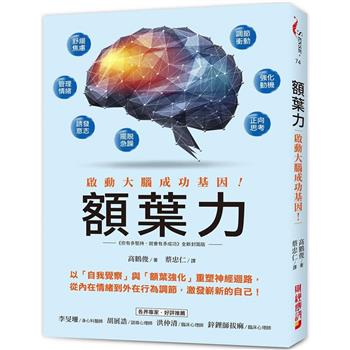A comprehensive and practical guide on conducting rigorous, ethical, and impactful psychobiographical research.
Psychobiography is the intensive psychological study of an individual within their unique socio-cultural-historic context. This engaging and exciting approach challenges researchers to apply psychological theories and knowledge of history to understand the inner emotional life of a particular person, usually a prominent historical figure. This handbook leads readers step-by-step through all aspects of planning and conducting a psychobiography. Readers will learn how to select an appropriate historical subject for research, anchor their study in established theories of psychology, collect and analyze data, monitor ethical considerations, and write the final report. Chapters are richly illustrated with examples from the author’s own work, as well as early psychobiographical landmarks, such as Freud’s study of Leonardo da Vinci and Erikson’s study of Mahatma Gandhi. With its personal tone and wisdom borne from experience, this book will be a trusty resource for all psychobiographers, from students writing a psychobiography for a course to seasoned researchers writing a book-length psychobiography for publication.| FindBook |
|
有 1 項符合
Ponterotto的圖書 |
 |
$ 4199 | The Psychobiographer’s Handbook: A Practical Guide to Research and Ethics
作者:Ponterotto 出版社:American Psychological Association (APA) 出版日期:2024-10-29 語言:英文 規格:平裝 / 184頁 / 22.86 x 15.24 cm / 普通級/ 初版  看圖書介紹 看圖書介紹
|
|
|
圖書介紹 - 資料來源:博客來 評分:
圖書名稱:The Psychobiographer’s Handbook: A Practical Guide to Research and Ethics
內容簡介
作者簡介
Joseph G. Ponterotto, PhD, is a professor of counseling psychology in the graduate school of education at Fordham University’s New York City campus. He is a leading national scholar in psychobiography, multicultural psychology, and qualitative research methods. He has published 16 books, including two psychobiographies: A Psychobiography of Bobby Fischer (2012) and A Psychobiography of John F. Kennedy, Jr. (2019). His research on Bobby Fischer led to his role as historical consultant on the major motion picture, Pawn Sacrifice (2016), starring Tobey Maguire as Bobby Fischer and Liev Schreiber as Boris Spassky.
|









